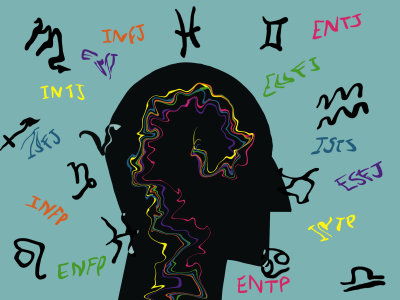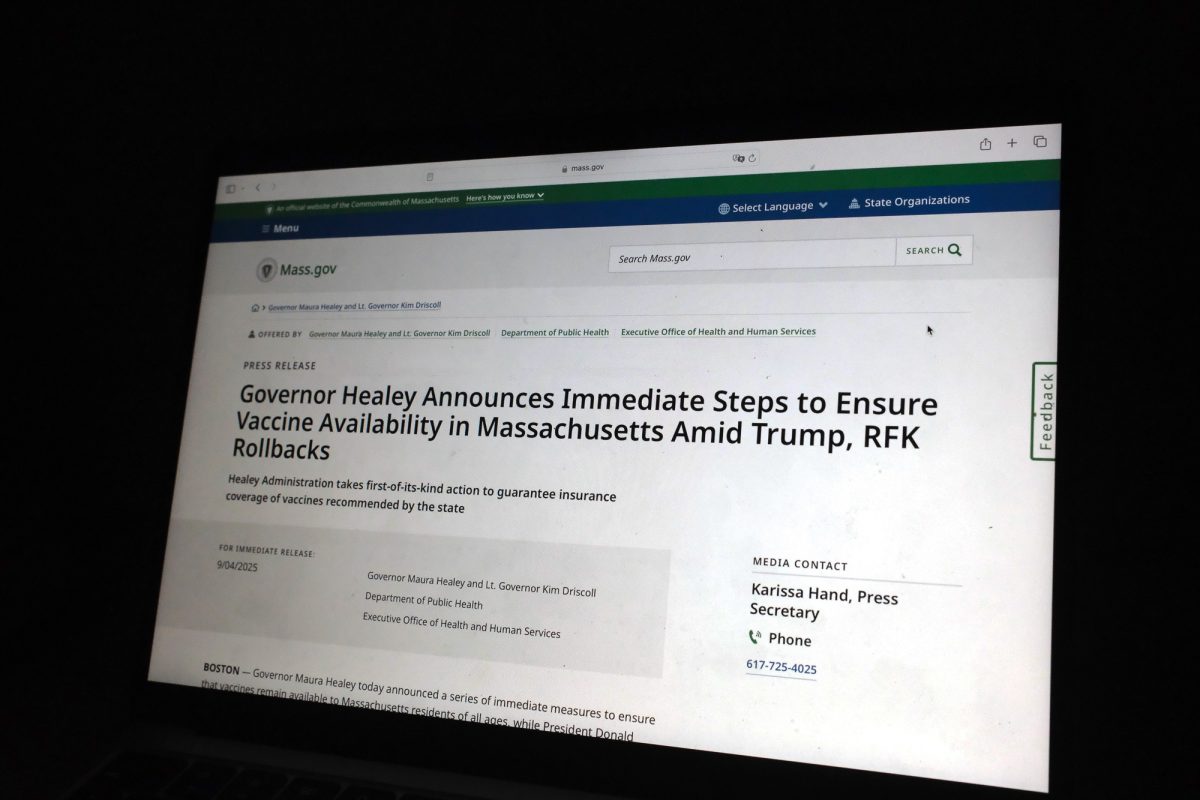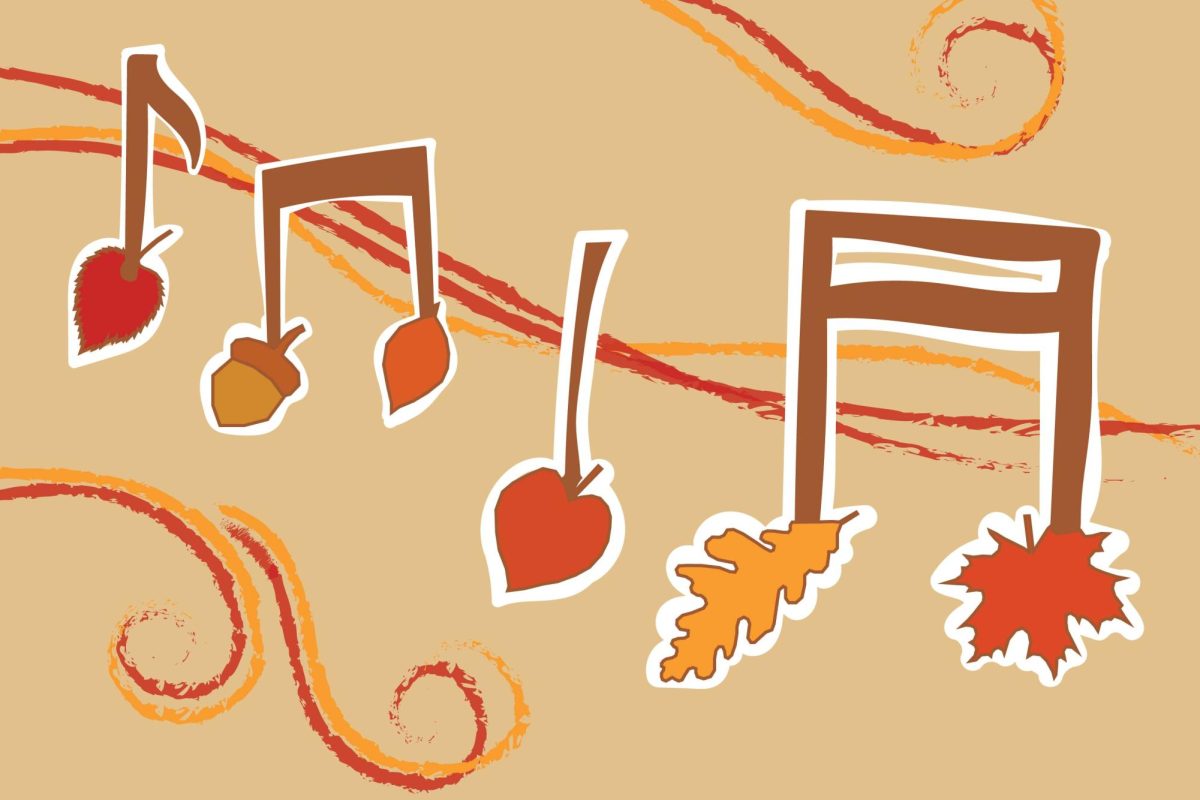
Picture this: You are a first-year at Boston University, experiencing the first week of classes, when everyone introduces themselves. You learn hometowns, majors and years through a 15-second speech. Then, your attention is drawn to a computer with a Scorpio sticker ⸺ suddenly, you know more about its owner than everyone else in the room because you, too, are a Scorpio.
Zodiac signs serve as a shortcut to understanding someone’s personality for those who believe in astrology, which, according to Encyclopedia Britannica, has the sole purpose “to inform the individual of the course of his life.” Categorizing people into 12 different symbols and identifying them by their birthdays may sound overreaching, but we do it nonetheless.
Beyoncé created a song inspired by her sign, “VIRGO’S GROOVE,” and Steve Lacy’s top-charted album is titled “Gemini Rights.” I never wrote songs about my zodiac sign, though I often found myself correctly guessing people of my sign.
As I learned more about astrology, I developed zodiac-based preferences too. I would never date an Aquarius; I love a Virgo friend; I enjoy spending time with Pisces and Scorpios because we are compatible. If you know more about astrology than the average person, you can probably tell what my sign is by now.
Of course, astrology encompasses more than just zodiac signs, but reading traits through the sun, moon, stars, other planets and the angles between them has never been scientifically proven to be reliable.
So, some people turn to the Myers–Briggs Type Indicator (MBTI) ⸺ a personality assessment tool that categorizes individuals into 16 personality types based on their answers. Each type consists of four letters, representing your focus of attention, way of perceiving information, way of making decisions and way of interacting with the world. This psychological questionnaire prompts self-reflection and as time goes by, that perception may change. I feel that, unlike zodiac signs, MBTI is more inclined to and relies on our own initiatives.
More often than not, both zodiac signs and MBTI function as two-way mirrors in our minds -– they provide information but also lead to generalizations.
The way zodiac signs and MBTI embody personality tags in our society now indeed constitutes the Barnum Effect -– when people think that personality descriptions are uniquely relevant to them, despite its universality. When applied to the BU scenario I described earlier, the Barnum Effect makes us believe one Scorpio’s behaviors are applicable to all other Scorpios ⸺ but how convincing is that?
It’s true: zodiac signs and MBTI help us quickly describe and evaluate ourselves in the current societal context. But to what extent should we refer to these personality types in our lives, from relationships and career choices to daily decision-making?















































































































